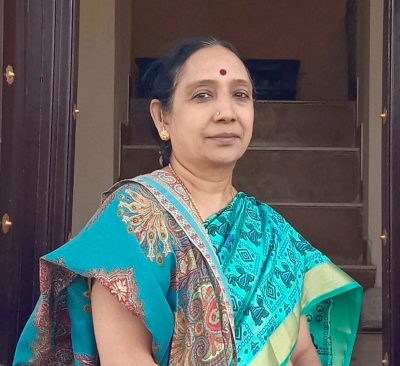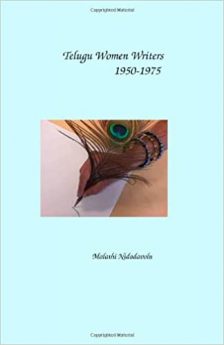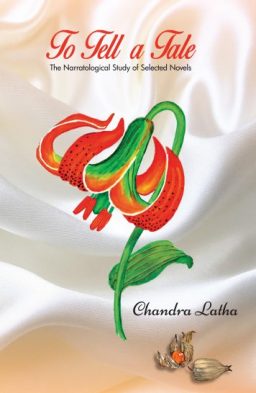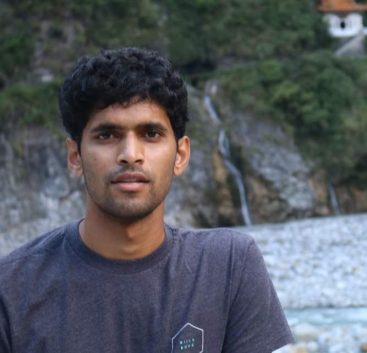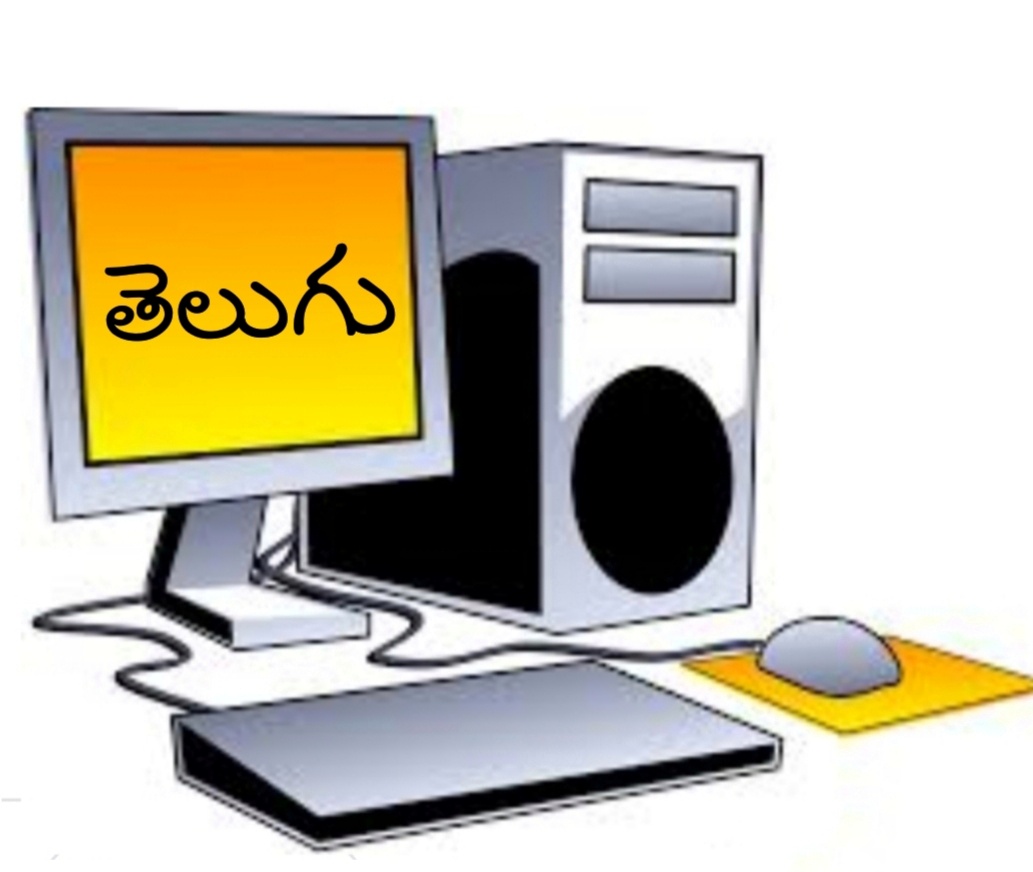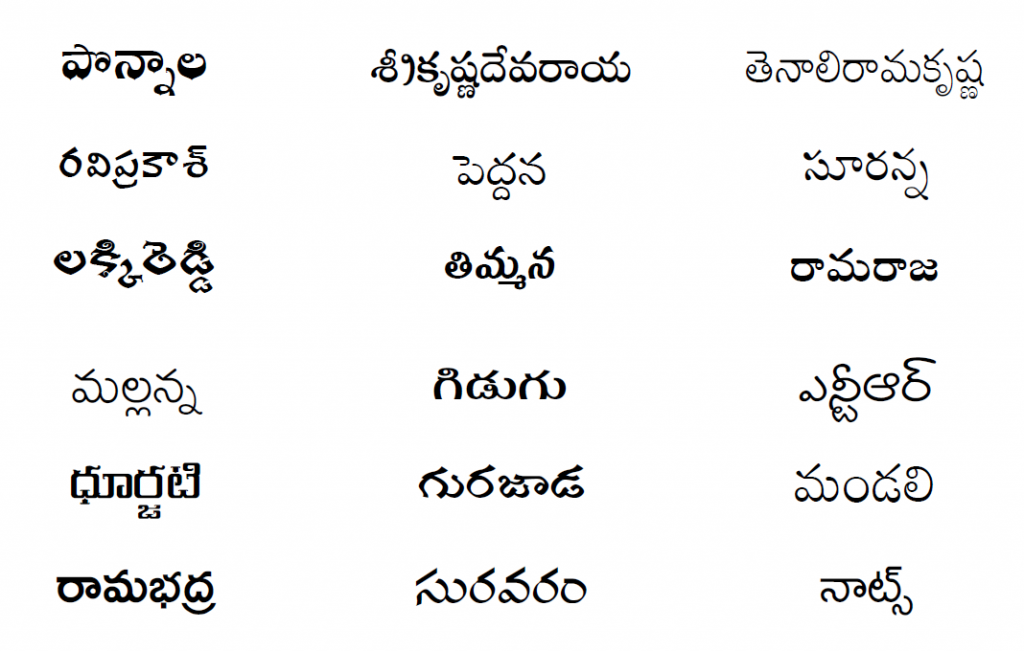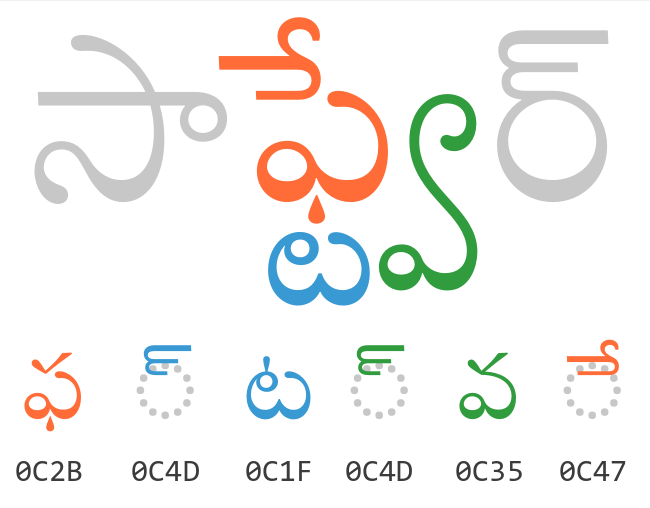Breaking the Mould: Women’s Voices and Visions in Literature-3
Breaking the Mould: Women’s Voices and Visions in Literature-3 (A Brief study of Indian women writers, contributed for the upliftment of women from social norms) -Padmavathi Neelamraju Begam Rokeya Shekhawat Hussain (1880-1932) “A world where men are confined to the murdana and women have taken over the affairs of the country,” lines taken from […]
Continue Reading

